Who Is Analog Dive? [Artist Interview]

Analog Dive is a rapper from the islands of Hawaii, a location not really known for their Hip-Hop influence. After years in the game juggling multiple hustles, Analog Dive is now located in Las Vegas, Nevada, going all in on the music as an independent artist. Between production, engineering, songwriting, and performing, Analog Dive has always stayed true to his unique style and delivery while maintaining authenticity to where he’s from. If you’re looking for a sound and style thats refreshing and uncommon from the over-saturation of today’s rap game, then Analog Dive is your guy. We had the chance to chat about it more and the journey it took to get Analog Dive to where he is today in the conversation below:
Analog Dive, what inspired the name? What does it mean?
A long-ass time ago I was in a group with Kelii Behasa/Deathstyle Media. It was a rapper/beat producer duo with him being the beat-producer and me being the rapper. Our group was called Fineprint at the time and we were about to drop our debut record (this must’ve been around 2009 or so) and realized that there was another group out in Canada with the same name making some noise. We literally had the entire project finished, mixed, and mastered when we found this out and decided to change our name. We had a list of names and chose Analog Dive because it sounded cool. There is some meaning behind it; Analog technology is raw and authentic — what you see is what you get, and that’s what I want people to hear when they listen to my music, I want them to dive into that, but really it just sounded cool. Anyways, fast forward a few years later and Kelii respectfully decided to step away from music (we’re still friends to this day) and I was considering a name change myself. After putting some thought into it, I decided to just keep the name and run with it as a solo artist. Long story long, that’s what inspired the name.
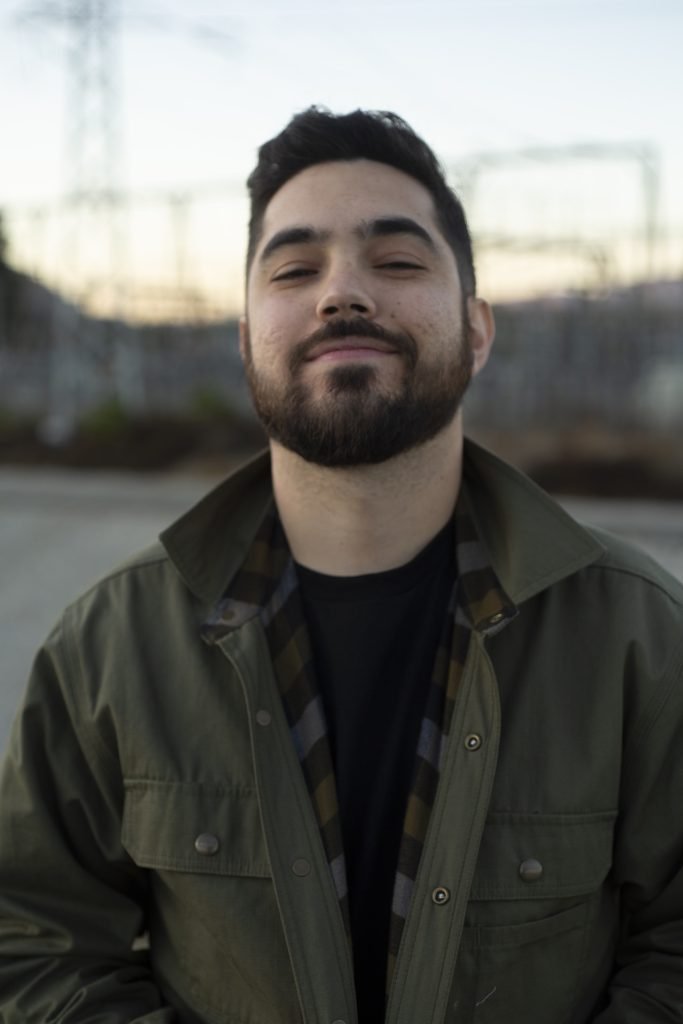
So tell us a little bit on how and when you got into music? Who or what inspired your hustle?
I got into music when I was 12 years old. The first record I ever bought was Conspiracy Of One by The Offspring. The second record I ever bought was Eminem’s Marshall Mathers Lp, and that’s where I was like ”oooooh shiiiiiiet.” I didn’t really get into rapping right away, though. It was a homie of mine, Kit (Christopher Cazimero) who got me into freestyling a few months after. Growing up on the Big Island of Hawaii, there wasn’t really anyone rapping at the time, so my dumbass would go up to random kids and try to battle rap them — this was before 8 Mile came out too. That slowly turned into me figuring out how to plug a microphone into a boombox and starting to record mixtapes on blank cassettes, which later turned into getting recording software, and then it was all downhill from there. I actually got a lot of the money to buy recording gear from selling bootleg CDs in High School. I made a killing off Get Rich Or Die Trying!
You’ve definitely developed a unique sound in your production and rap style. How would you describe it? Was there any particular artist(s) that influenced it?
Thank you. I don’t know, I guess eclectic would probably sum it up. I just never wanted to sound like anyone else and I’m still figuring out my style/sound. I just never want to shift away from being myself and having fun. I never considered making music hard work or a hustle. The day it’s no longer fun, I’ll stop doing it. I think when I got into listening to Atmosphere, Sage Francis, Aesop Rock, and all, that really pivoted the way I wanted to rap, so I’d say they were some of my main influences from my earlier years. I think the last of that style you’ll hear was on my Stand Firm LP. I’ve been shifting to a more mature sound as of lately where I’d say some of the influence comes from artists like Kendrick Lamar, Black Pumas, and Anderson Paak.
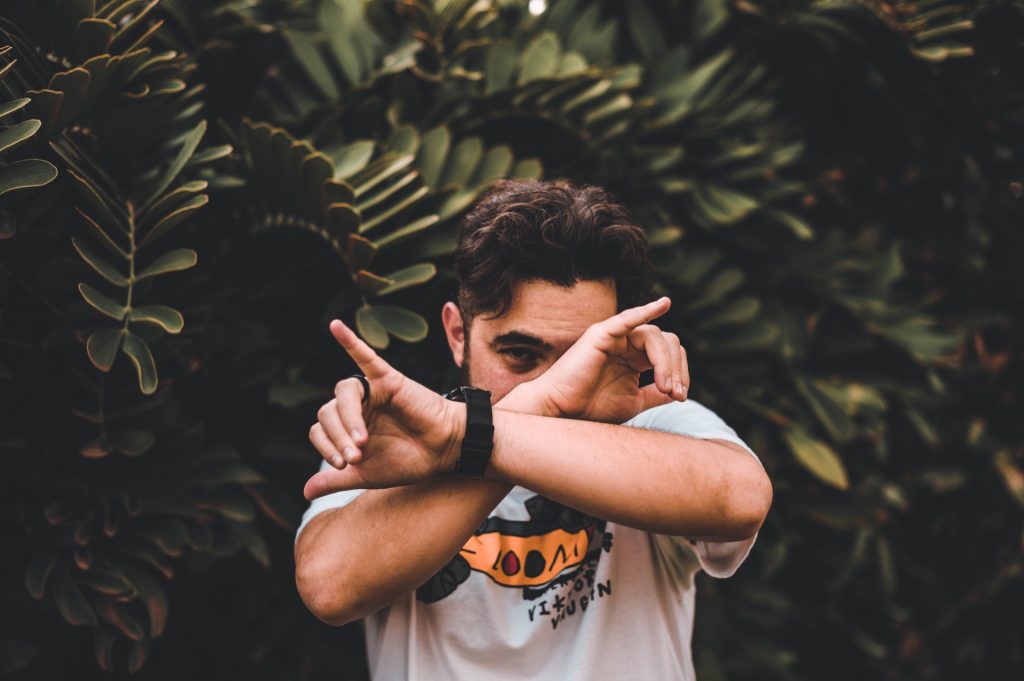
You went heavy on the production side of things when you put out your instrumentals project, The Tiki Suit Series. Which do you prefer in the music creation process, the writing and rapping or the production?
I think I enjoy making beats more, although after putting out two instrumental albums, I’m starting to love rapping a little more. What I love more than both is mixing.
From Hawaii’s Big Island, to LA, to now Las Vegas, did your music change or evolve to each city? Between each city, where did you develop the most as an artist?
I never really thought of that before, but I guess it did, but that also goes hand in hand with what I was going through during each period of my life. Right now in Vegas, I feel like I’ve developed most as an artist, but that might also be because of where I’m at in life. I got shit dialed in better with how I spend my time day to day, strengthening my mind through meditation, taking care of my body with exercise and drinking less, shit like that.
For those who are just discovering you and your music, which tracks would you recommend they listen to first to set a great first impression of you and your music?
“Put Aloha On It,” “Bitter Sweet LA,” “A’a,” and “Blood In The Water.” I produced all of them and not only are they very personal songs, I tried to make them entertaining and relatable. Except for “A’a” — that one is just fun. It’s just a very good representation of where I’m planning on going with my music
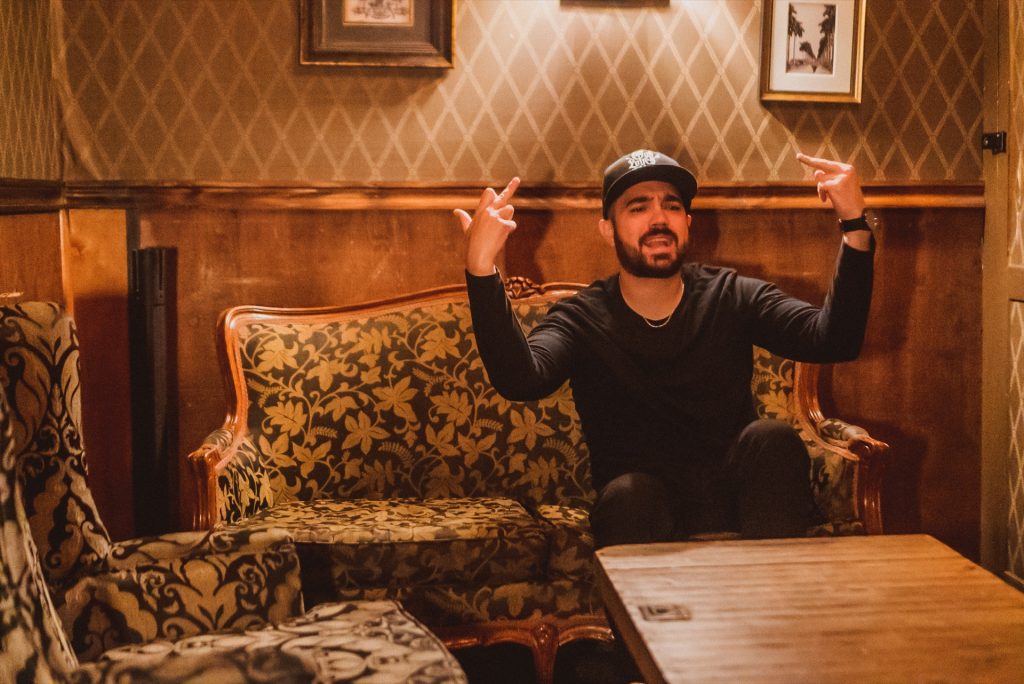
You’ve been in music for a minute; what has been the biggest challenge thus far and how did you overcome it? How do you stay motivated and inspired to stay in the game?
I started my career in the live entertainment industry and as a promoter, which later led to where I am now, handling sales/booking for venues in Los Angeles (I work remotely). When I first got into this line of work, it took so much away from making music. I still worked at Starbucks when I started as a promoter, so I was getting about 3 – 5 hours of sleep everyday. Then when I got hired to book events at venues, I was very green and spent hours trying to get the hang of it all because I didn’t want to get fired. By the time I got the hang of it, I put my music on the back burner for years, so I thought, “Well, I already left the game this long, might as well come back with a bang and return with a few tricks up my sleeve.” So I learned a little bit of music theory, bought a guitar, and started making beats. Now I got that in the tool shed…
Dream collab. Go.
G Yamazawa, Nana, Mick Jenkins, Dan Auerbach, Eric Burton, Zach De La Rocha
You’ve really jumped all in on the music and spent a lot of time in the studio as of late. What can we expect coming from Analog Dive in the near future?
I have an EP called Talk Pidgin to Me which will likely drop in July ( I just need to mix and master it). While I’m wrapping that up I’m working on a group project with my braddah High Dali from Oahu. We’re still working on a group name, so if y’all have any suggestions, I’m all ears. High Dali plays guitar, sings, and raps, so that project is going to be heavily influenced by Soul, Blues, Rock, and RnB. I’m most excited about that project…
Analog Dive has a story most independent artists can relate to, with more to experience and share in his pursuit of spreading his music and message to as many people within his spectrum. His relentlessness will soon allow him to put his stamp on Hip-Hop along with representation of the Hawaiian islands into the Hip-Hop culture. We’re stoked to see what’s next for Analog Dive as more music and live shows are on the way.
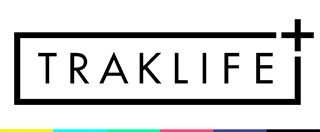


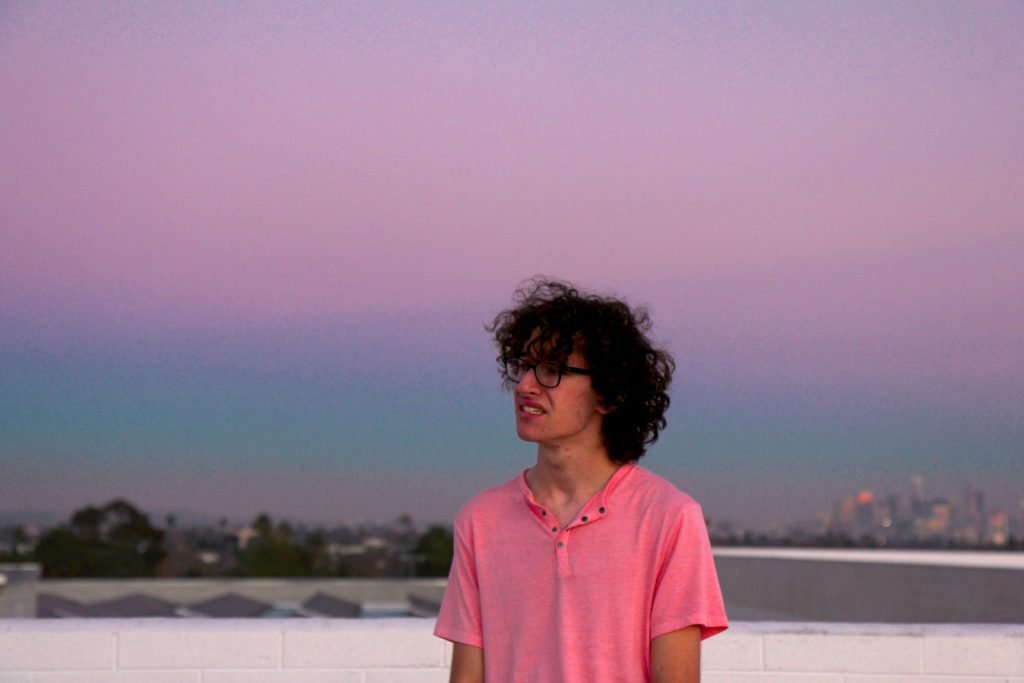
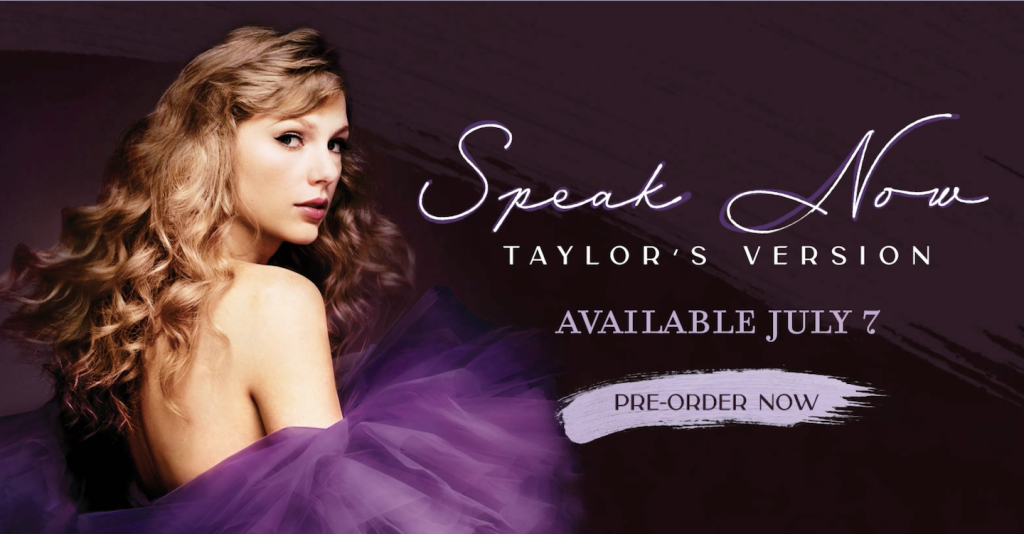
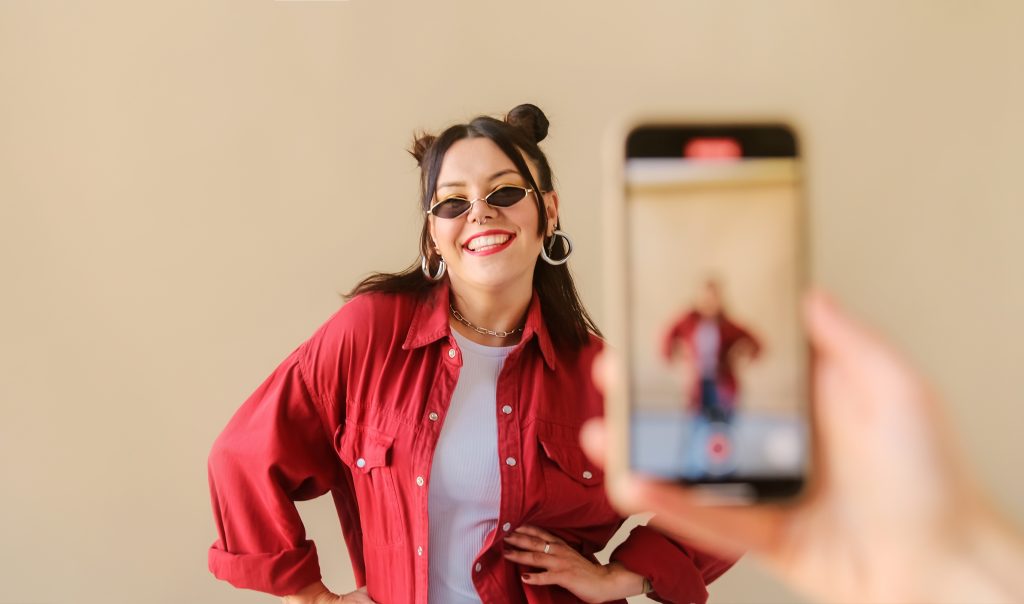
Responses